
Resources for Underserved Farmers
 The USDA Farm Service Agency targets a portion of all Guaranteed loan funds, Direct Operating and Direct Farm Ownership loan funds, microloan funding, and youth loans, to historically underserved farmers and ranchers, which include women, African-Americans, Alaskan Natives, American Indians, Hispanic, Asian, Native Hawaiians and Pacific Islanders. This page has numerous links to various farm loan programs as well as links to other organizations who work with underserved farmer populations.
The USDA Farm Service Agency targets a portion of all Guaranteed loan funds, Direct Operating and Direct Farm Ownership loan funds, microloan funding, and youth loans, to historically underserved farmers and ranchers, which include women, African-Americans, Alaskan Natives, American Indians, Hispanic, Asian, Native Hawaiians and Pacific Islanders. This page has numerous links to various farm loan programs as well as links to other organizations who work with underserved farmer populations.
 The U.S. Department of Agriculture is looking to military veterans across the country to fill the roles that keep America’s food supply safe and secure, preserve and strengthen rural communities, and restore and conserve the environment. Their Veterans Initiative pulls together employment opportunities with the USDA, education, and resources for agriculture and agribusiness entrepreneurism.
The U.S. Department of Agriculture is looking to military veterans across the country to fill the roles that keep America’s food supply safe and secure, preserve and strengthen rural communities, and restore and conserve the environment. Their Veterans Initiative pulls together employment opportunities with the USDA, education, and resources for agriculture and agribusiness entrepreneurism.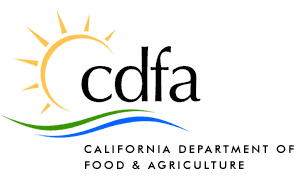 The California Underserved and Small Producers Grant Program is designed to facilitate direct assistance to socially disadvantaged farmers and ranchers who need technical assistance support in applying for economic relief grant programs, assistance with business planning and marketing strategies, and implementation of climate smart practices.
The California Underserved and Small Producers Grant Program is designed to facilitate direct assistance to socially disadvantaged farmers and ranchers who need technical assistance support in applying for economic relief grant programs, assistance with business planning and marketing strategies, and implementation of climate smart practices.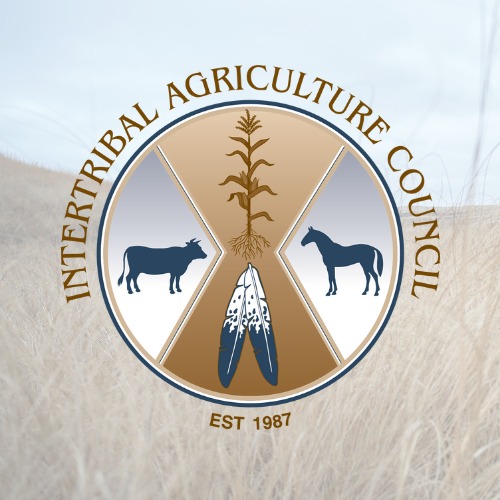 The Intertribal Agriculture Council was founded in 1987 to pursue and promote the conservation, development and use of agricultural resources for the betterment of native people in the United States. They have a particular interest in creating regenerative food economies. They offer numerous programs ranging from technical assistance, learning resources, scholarships and internships, Rege[n]ation certification, access to disaster and debt relief—just to name a few.
The Intertribal Agriculture Council was founded in 1987 to pursue and promote the conservation, development and use of agricultural resources for the betterment of native people in the United States. They have a particular interest in creating regenerative food economies. They offer numerous programs ranging from technical assistance, learning resources, scholarships and internships, Rege[n]ation certification, access to disaster and debt relief—just to name a few.
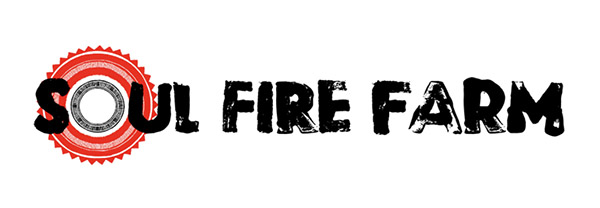 Soul Fire Farm is an Afro-Indigenous centered community farm committed to uprooting racism and seeding sovereignty in the food system. Their numerous programs reach 160,000 people each year and include farmer training for Black and Brown growers, workshops for urban farmers, and training in Food Justice, sustainable agriculture, and related policy issues. They also provide on their website the largest treasure trove of resources for underserved farmers to be found, especially as you dive deeper into the links on their Resource page.
Soul Fire Farm is an Afro-Indigenous centered community farm committed to uprooting racism and seeding sovereignty in the food system. Their numerous programs reach 160,000 people each year and include farmer training for Black and Brown growers, workshops for urban farmers, and training in Food Justice, sustainable agriculture, and related policy issues. They also provide on their website the largest treasure trove of resources for underserved farmers to be found, especially as you dive deeper into the links on their Resource page.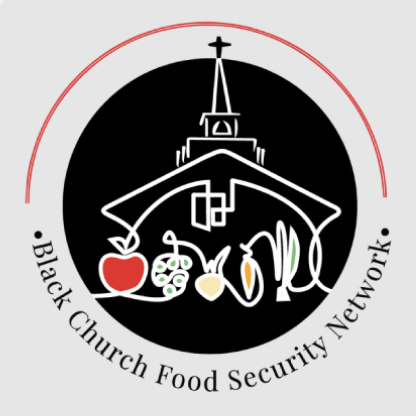 BCFSN is co-creating sustainable food systems across the United States that are anchored by Black churches working in partnership with Black farmers and small business owners. Through training, technical assistance and funding they help congregations establish or expand gardens or agricultural projects, such as rainwater collection or compost systems, on church-owned land. They help churches create mini-farmers markets on church grounds on days when congregations worship or gather. They are also organizing Black churches to serve as food hubs, food distributors, and economic engines for more just and locally managed supply chains.
BCFSN is co-creating sustainable food systems across the United States that are anchored by Black churches working in partnership with Black farmers and small business owners. Through training, technical assistance and funding they help congregations establish or expand gardens or agricultural projects, such as rainwater collection or compost systems, on church-owned land. They help churches create mini-farmers markets on church grounds on days when congregations worship or gather. They are also organizing Black churches to serve as food hubs, food distributors, and economic engines for more just and locally managed supply chains.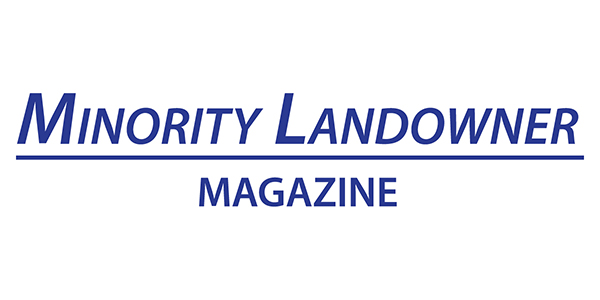 Minority Landowner is a national publication with an audience of minority, limited resource, and small farmers, ranchers, and forest landowners across the country. Their mission is to help these producers improve productivity, increase profitability, and maintain ownership of their land. In addition to creating a magazine that shares the stories of success and challenge intended to inform and inspire others, they offer workshops and national conferences that connect farmers with technical, financial, and administrative resources including state and federal agricultural and forestry agencies, university extension, private sector entities, and community-based organizations.
Minority Landowner is a national publication with an audience of minority, limited resource, and small farmers, ranchers, and forest landowners across the country. Their mission is to help these producers improve productivity, increase profitability, and maintain ownership of their land. In addition to creating a magazine that shares the stories of success and challenge intended to inform and inspire others, they offer workshops and national conferences that connect farmers with technical, financial, and administrative resources including state and federal agricultural and forestry agencies, university extension, private sector entities, and community-based organizations.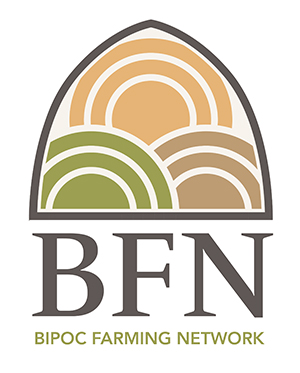 The BIPOC Farming Network is a program offered through the Agraria Center for Regenerative Practice. It is thought of as a regional and national network through which BIPOC (Black, Indigenous and People of Color) farmers can connect, share resources and explore cooperatives or other economic models. They do an annual Black Farming Conference, publish a quarterly newsletter, and hold virtual round table events. The Agraria Center also offers a Regenerative Farmer Fellowship which provides training in regenerative farming practices and business development.
The BIPOC Farming Network is a program offered through the Agraria Center for Regenerative Practice. It is thought of as a regional and national network through which BIPOC (Black, Indigenous and People of Color) farmers can connect, share resources and explore cooperatives or other economic models. They do an annual Black Farming Conference, publish a quarterly newsletter, and hold virtual round table events. The Agraria Center also offers a Regenerative Farmer Fellowship which provides training in regenerative farming practices and business development.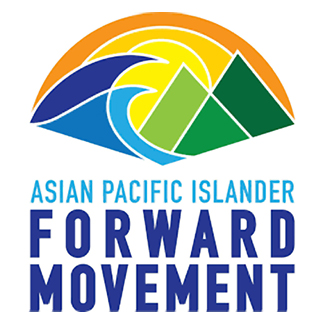 The Asian Pacific Islander Forward Movement (APIFM)in Los Angeles, CA has a broad mission to cultivate healthy, long-lasting, and vibrant Asian and Pacific Islander communities through grassroots organizing. As part of that, they have programs intended to address the lack of access to local, affordable, and culturally relevant produce for many Asian and Pacific Islander families in LA County while supporting Asian American small farms and other farmers of color in California who grow that food. Farmers report receiving counseling in marketing, how to obtain organic certifications and the latest farming policies. Workshops have been provided on irrigation, food safety, bookkeeping, marketing, and organic certification.
The Asian Pacific Islander Forward Movement (APIFM)in Los Angeles, CA has a broad mission to cultivate healthy, long-lasting, and vibrant Asian and Pacific Islander communities through grassroots organizing. As part of that, they have programs intended to address the lack of access to local, affordable, and culturally relevant produce for many Asian and Pacific Islander families in LA County while supporting Asian American small farms and other farmers of color in California who grow that food. Farmers report receiving counseling in marketing, how to obtain organic certifications and the latest farming policies. Workshops have been provided on irrigation, food safety, bookkeeping, marketing, and organic certification. 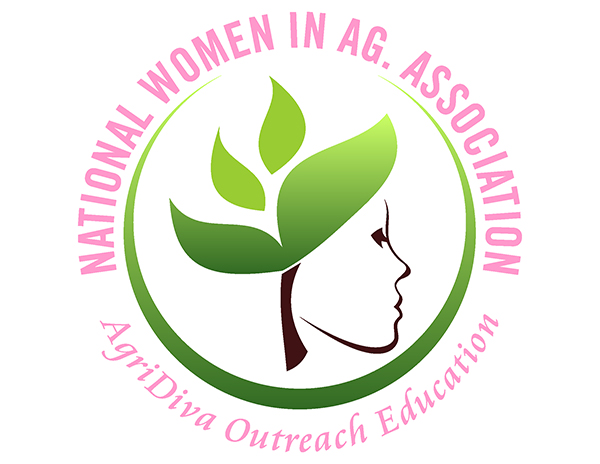 NWIAA is the largest agriculture association for women in the world and is committed to providing equality and sustainable opportunities for women farmers and at risk youth. The organization has a focus on minority women farmers and educating minority youth towards a career in agriculture to enable them to be more self-sufficient, food secure, or able to begin a business. The idea is to save lives and eliminate poverty by increasing the availability of fresh, locally grown foods while expanding economic opportunities. They provide hands-on learning opportunities for minority youth, larger events, workshops, support and advocacy.
NWIAA is the largest agriculture association for women in the world and is committed to providing equality and sustainable opportunities for women farmers and at risk youth. The organization has a focus on minority women farmers and educating minority youth towards a career in agriculture to enable them to be more self-sufficient, food secure, or able to begin a business. The idea is to save lives and eliminate poverty by increasing the availability of fresh, locally grown foods while expanding economic opportunities. They provide hands-on learning opportunities for minority youth, larger events, workshops, support and advocacy.
 Annie's Project is dedicated to providing educational programs and networking opportunities designed to strengthen women's roles in modern farming both as entrepreneurs and as business partners on the family farm. They offer a series of workshops on the business of farming and ranching including the five key areas of risk management: financial, human resource, legal, marketing and production risks. They also have classes and resources on farmer stress and resiliency, and many other aspects of farm life including estate planning, insurance, and passing on the farm to the next generation.
Annie's Project is dedicated to providing educational programs and networking opportunities designed to strengthen women's roles in modern farming both as entrepreneurs and as business partners on the family farm. They offer a series of workshops on the business of farming and ranching including the five key areas of risk management: financial, human resource, legal, marketing and production risks. They also have classes and resources on farmer stress and resiliency, and many other aspects of farm life including estate planning, insurance, and passing on the farm to the next generation.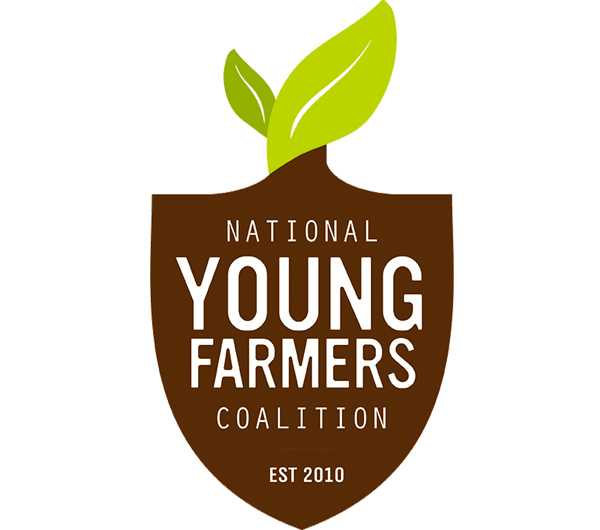 This organization envisions a just future where farming is free of racial violence, accessible to communities, oriented towards environmental well-being, and concerned with health over profit. They provide policy and advocacy on land access, climate change, and western water issues and provide services including resources, trainings, and online tools for young and beginning farmers, including guidebooks on federal programs and regulations, in-person workshops and trainings, and a cooperatively farmer-owned software application to help solve fundamental marketing challenges.
This organization envisions a just future where farming is free of racial violence, accessible to communities, oriented towards environmental well-being, and concerned with health over profit. They provide policy and advocacy on land access, climate change, and western water issues and provide services including resources, trainings, and online tools for young and beginning farmers, including guidebooks on federal programs and regulations, in-person workshops and trainings, and a cooperatively farmer-owned software application to help solve fundamental marketing challenges.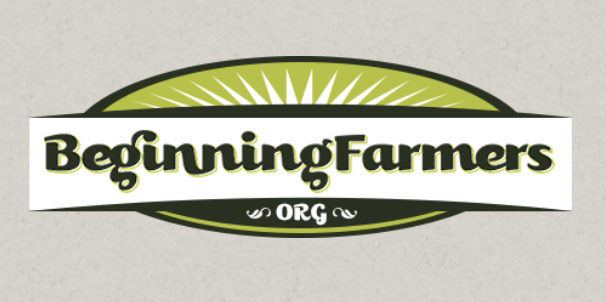 This organization has a variety of resources, classes and videos for farmers just starting out. Of particular interest for minority and young potential farmers who do not own inherited land is their resource page on how to find land and afford to buy, lease, or share it.
This organization has a variety of resources, classes and videos for farmers just starting out. Of particular interest for minority and young potential farmers who do not own inherited land is their resource page on how to find land and afford to buy, lease, or share it.
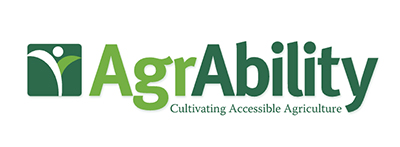 AgrAbility's mission is to enhance quality of life for farmers, ranchers, and other agricultural workers with disabilities with a special focus on veterans. They provide events, workshops, and multiple pages of resources for a wide variety of issues and underserved populations including fundraising assistance.
AgrAbility's mission is to enhance quality of life for farmers, ranchers, and other agricultural workers with disabilities with a special focus on veterans. They provide events, workshops, and multiple pages of resources for a wide variety of issues and underserved populations including fundraising assistance.